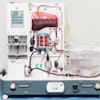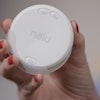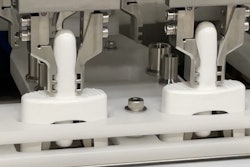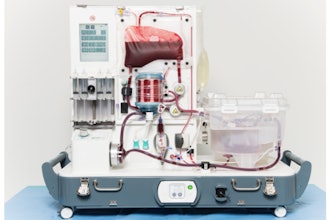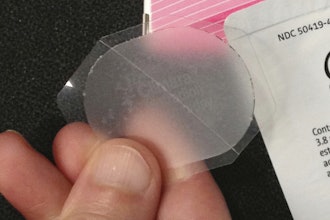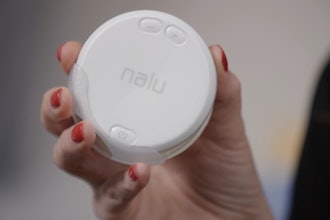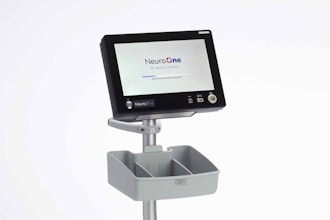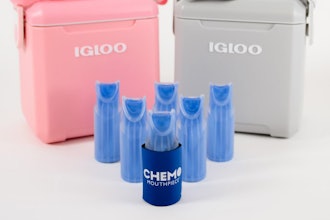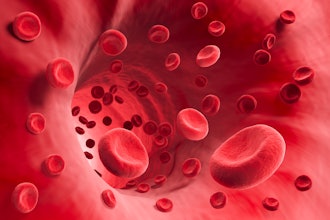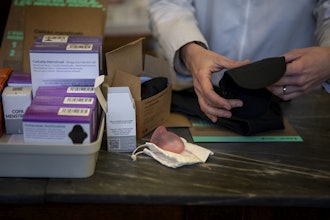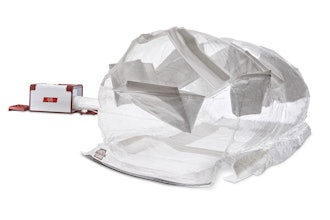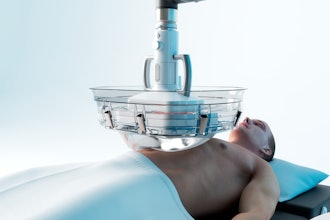
Sibel Health, a medical technology company that develops advanced wearable sensors, software, and AI/ML algorithms for clinical trials and clinical care, announced a peer-reviewed publication, "Artificial Intelligence-Enabled Wearable Devices and Nocturnal Scratching in Mild Atopic Dermatitis," in JAMA Dermatology. This research describes a digital health technology designed to measure and reduce nighttime scratching in people with mild atopic dermatitis.
Itch, also called pruritus, affects 15% of the global population, disrupts sleep, and impacts quality of life. Traditional methods of measuring itch rely on subjective surveys, which can be inaccurate and are prone to bias. Worn on the back of the hand, Sibel's ADAM sensor uses AI to detect scratching with 99% accuracy. In prior validation efforts, the ADAM sensor was shown to accurately identify nighttime scratching in adults and children with atopic dermatitis, matching results from infrared video recordings. The device is being used in clinical trials by major global pharmaceutical companies like Almirall as a novel digital endpoint.
"Digital endpoints enabled by wearable devices like the ADAM sensor represent a paradigm shift in the way a drug's therapeutic effect is measured," says Evan Lund, Sibel's Head of Business Development for clinical trials. "We believe that the ADAM sensor is the best validated digital endpoint for scratch monitoring in clinical trials, and we're proud that it's one of only a handful of digital health technologies accepted into the FDA's Drug Development Tools program."
For this new study, Sibel Health embedded a haptic motor within the ADAM sensor. With advanced edge computing, an AI-enabled algorithm programmed into the sensor itself enables closed-loop haptic feedback whenever a scratch is detected. During the first week, the device only measured scratching in atopic dermatitis patients. In the second week, the haptic feedback was turned on to assess the sensor's ability to reduce scratching activity at night. Results showed that on average total scratch events and scratch duration per night dropped by 28% and 40%, respectively. These improvements suggest the closed-loop system is an effective, drug-free way to reduce nighttime scratching.
Sibel Health has partnered with Maruho, a pharmaceutical company specializing in dermatology, to further develop and distribute this technology. Together, they aim to deploy this first of its kind wearable device that reduces scratching behavior for people suffering from itch.

